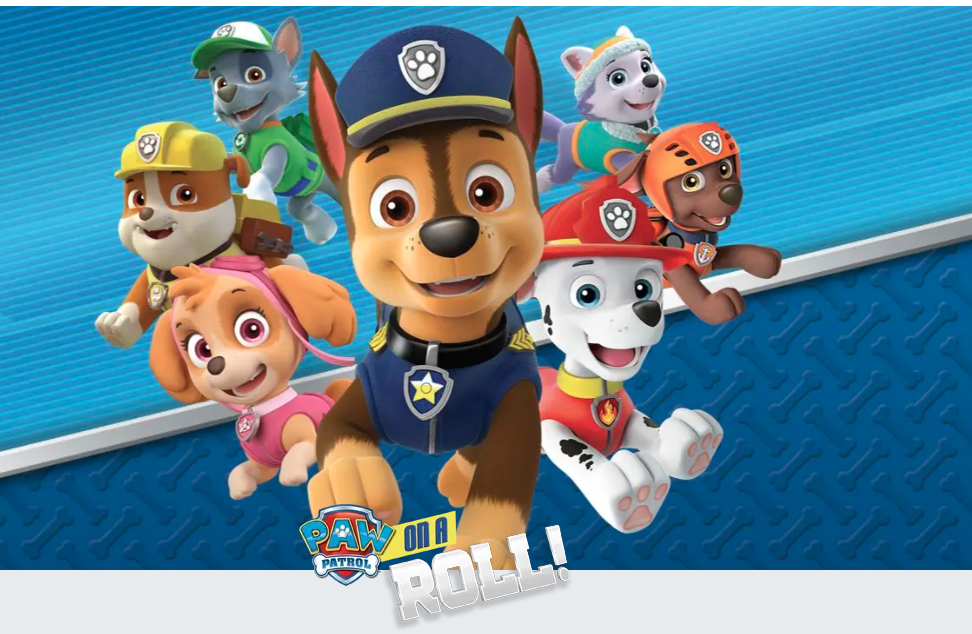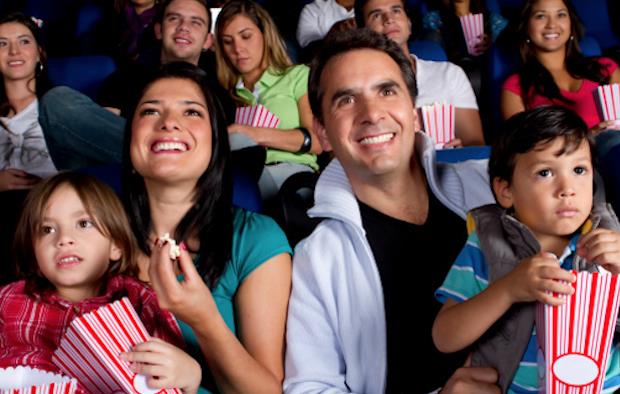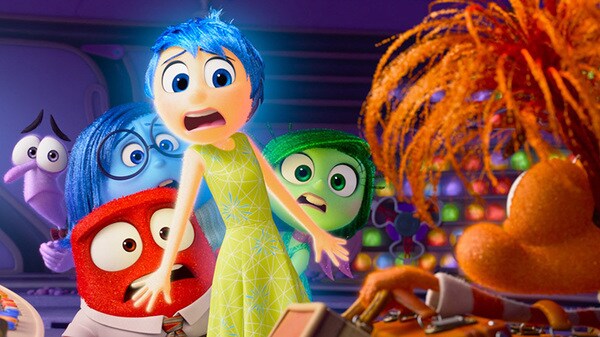Three movies that make us reflect on abortion, adoption, and other “early life” issues
If you’re looking for movies that make us reflect on or have conversations
about issues surrounding the beginning of life, the following are probably
for you… all of which can be viewed by audiences 14 and older.
Unplanned
(Chuck Konzelman and Cary Solomon, 2019)
For eight years, Abby managed one of the U.S. abortion clinics belonging to Planned Parenthood, a U.S. “health” institution created to promote
“family planning and women’s health.” It’s a U.S. government-funded
institution that has – over time – dealt with abortion and, in recent
years, has been associated with scandals involving the sale of embryonic
tissue from aborted fetuses.
Excelling in her work, she won several awards, including “Employee of the
Year.”
Convinced that she is “doing good things for women,” she silences her own
conscience, which often bothered her.
Her certainties about the humanitarian goals of the healthcare facility she
worked for came crashing down the day her boss, Cheryl, exposed the new
“company goal” to the other members: to double the number of abortions they
performed.
Abby – who believed she was a part of that “death machine” (as she later
calls it) to protect women’s health by incentivizing them with sex
education – not voluntary termination of pregnancy – discovers
that there is actually a real business behind abortion. “There are those
who sell cars, and those who sell abortions,” said Cheryl, annoyed by
Abby’s critical questions, “Abortion pays for your vacation.”
One day Abby assists in the abortion of a 13-week-old fetus because the
nurse on duty doesn’t show up: what Abby witnesses will lead her to reject
that world once and for all…
She will leave her job without giving any notice, she will face lawsuits in
court, she will be insulted and hated by her colleagues, but in her heart
she will find peace she’d lacked… and she will also manage to forgive
herself for having had an abortion herself in the past.
The movie, which unfortunately fails to really convey the complexity of the
situation as the book does, of which we have already discussed can,
however, encourage discussion and reflection.
In Safe Hands
(Jeanne Herry, 2018)
A student carries an unwanted pregnancy to term (the result of a casual
affair) and decides to give her child up for adoption. Faced with the
social worker’s question: “What do you want for your child?” she responds,
“I want him to be happy, to be cared for by people who will love him, to
give him to those who maybe couldn’t have children.”
This message – given by a girl of only 21 years old, determined to
“continue her life without that child” – strongly supports the option of
adoption in a world that often places obstacles in the way of this route,
favoring abortion instead.
A social worker of a couple who was denied an adoption said something
interesting: “My job is not to find a child for parents who are suffering,
but to find the best possible parents for children in difficulty,”
indicating that a child is not a right, but a precious human being to be
cherished.
However, the film’s ending, which seems to promote single-parent adoption
more than adoption per se, is puzzling. In fact, all the eligible
couples turn out to be inadequate: a divorced woman is the only viable
candidate who has the capacity to take care of this child.
The idea that it is important for a child to grow up with both parental
figures isn’t covered at all in the movie’s narrative. This perhaps
reflects the sentiments of our society, where more and more often the
individual matters most, not the couple. The couple is seen as
intrinsically risky and subject to easy fracture.
While on the one hand the film highlights the real and viable option of
allowing for a new life that might not have otherwise been cared for
(offering explanations of what the law covers and showing that a woman’s
anonymity can be kept private); on the other hand, the story inevitably
makes us face the crisis that the “family institution” is going through…
The last scene, in which a mother and her new son undress and lie down for
bed, is emblematic: it seems that a single mom’s love for her can – easily
and without consequences – replace the love of a man…
October Baby
(Jon and Andrew Erwin, 2011)
It is a very touching movie, partially based on a true story, about
abortion. More specifically, it is about a girl named Hannah, who survives
an abortion (because the doctors made a mistake during the operation) and
is given up for adoption. At 16, the girl learns the truth and finds her
birth mother, but she is rejected. Her mother has a good job and a family
now—she doesn’t want to be “disturbed by her past.” Only after several
vicissitudes, faced with the forgiveness of her daughter, the woman will
make peace with her past.
October Baby
shows – without exaggeration – what feelings of guilt and shame may be
found within a person who has had an abortion – even with
the passage of time. We are also faced with this sense of abandonment that
this girl feels after she discovers that she is “accidentally” part of the
world.
However, it is ultimately a story of reconciliation, not condemnation. In
fact, Hannah understands that the only way to overcome the resentment and
dismay within her is through forgiveness.
The movie’s greatest strength lies in its presentation of the facts with
respect, in both their truth and drama, but without judging those involved.
The actress who played the biological mother in the movie, offered a very
striking statement in an interview:
“I was asked to play this part without anyone knowing my past, since I had
hidden it from everyone, even myself: I had had an abortion and playing
this part, in this movie, made me be honest with myself. It led me to ask
God’s forgiveness for something I had put out of my mind, but that still
hurt within me. And I finally felt that forgiveness, I found peace.”















